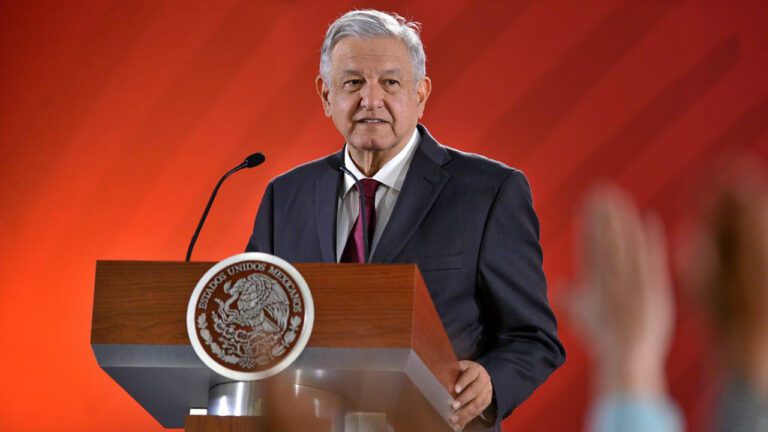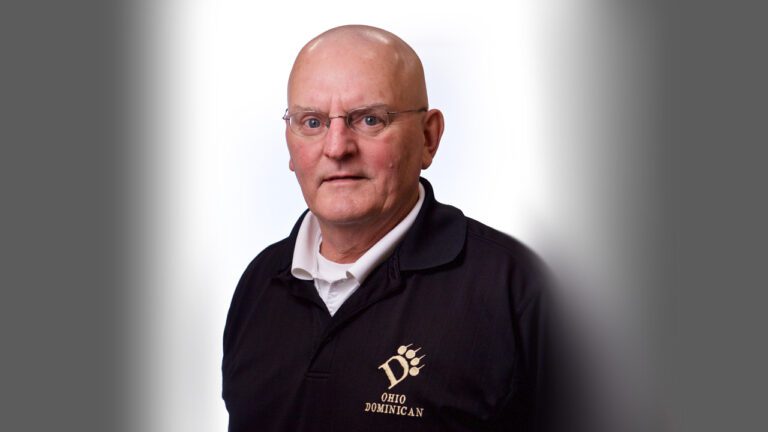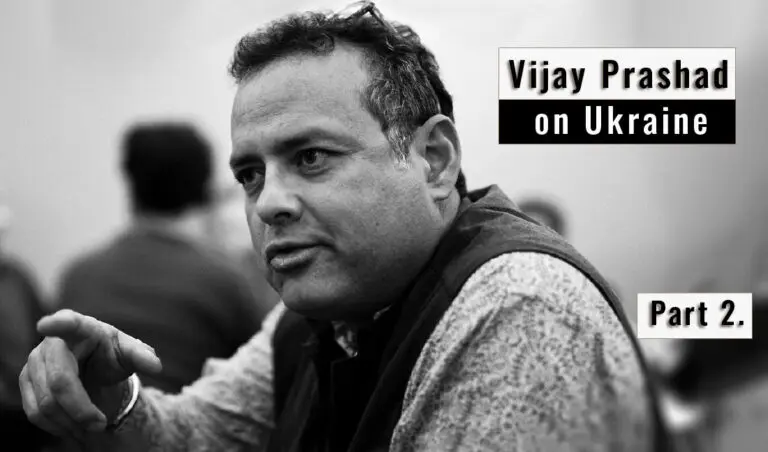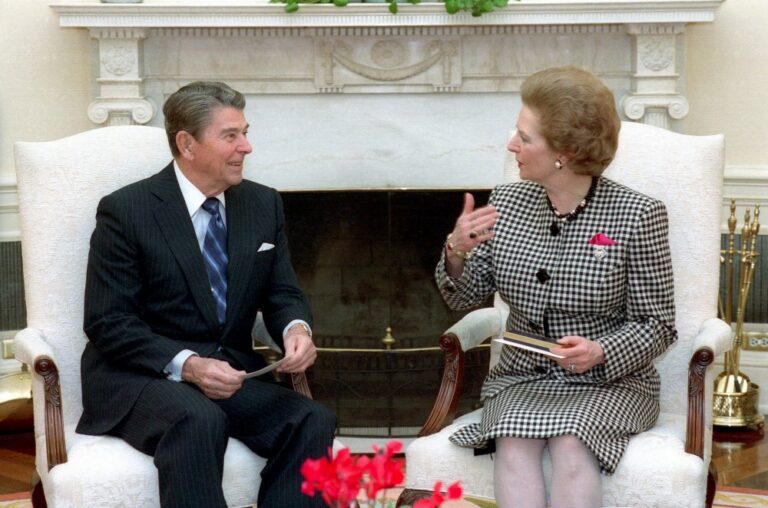The Liberal Party of Australia has made an ad about its nuclear plan, and it’s surprisingly honest and informative (biting political satire).
Never miss another story
Subscribe to theAnalysis.news – Newsletter

The Liberal Party of Australia has made an ad about its nuclear plan, and it’s surprisingly honest and informative (biting political satire).
Subscribe to theAnalysis.news – Newsletter

Laura Carlsen talks to guest host Greg Wilpert about Andrés Manuel Lopez Obrador’s first two years in office, including his mixed record on the pandemic, corruption, social justice, and immigration.

The increased tensions with China are explained by the Pentagon’s need to justify its budget. The worst thing that ever happened to the Pentagon was the demise of the Soviet Union. MG Dennis Laich (ret.) joins Paul Jay on theAnalysis.news podcast.

On Reality Asserts Itself, Thomas Frank says the Democratic Party must acknowledge that in 2008 the crash and the discrediting of Bush, created conditions for much a more progressive policy – but Obama did not step up; with host Paul Jay. This episode was produced on December 29, 2017.

Where are all the top U.S. commanders of the Afghanistan War who lied to keep it going for 20 years? Turns out they’re doing pretty well! A report by Abby Martin for Empire Files.

The Ukrainian people are paying the price for a struggle over spheres of big power influence. Vijay Prashad joins Paul Jay on theAnalysis.news.

Mr. Flassbeck, former director of UNCTAD, discusses growing up in a US-dominated Germany and his opposition to the birth of neoliberal economics. This is an episode of Reality Asserts Itself, produced July 25, 2014, with Paul Jay.